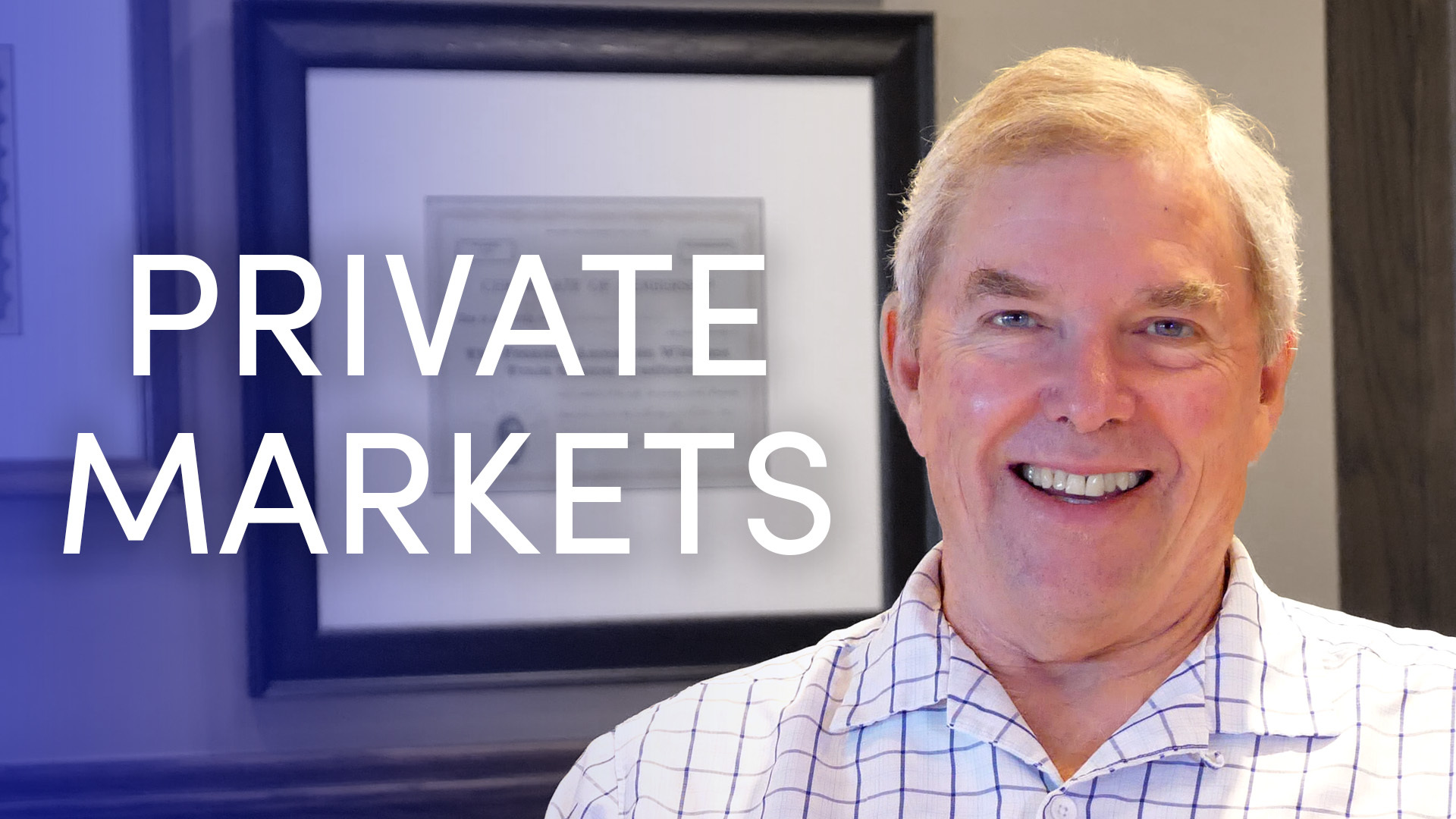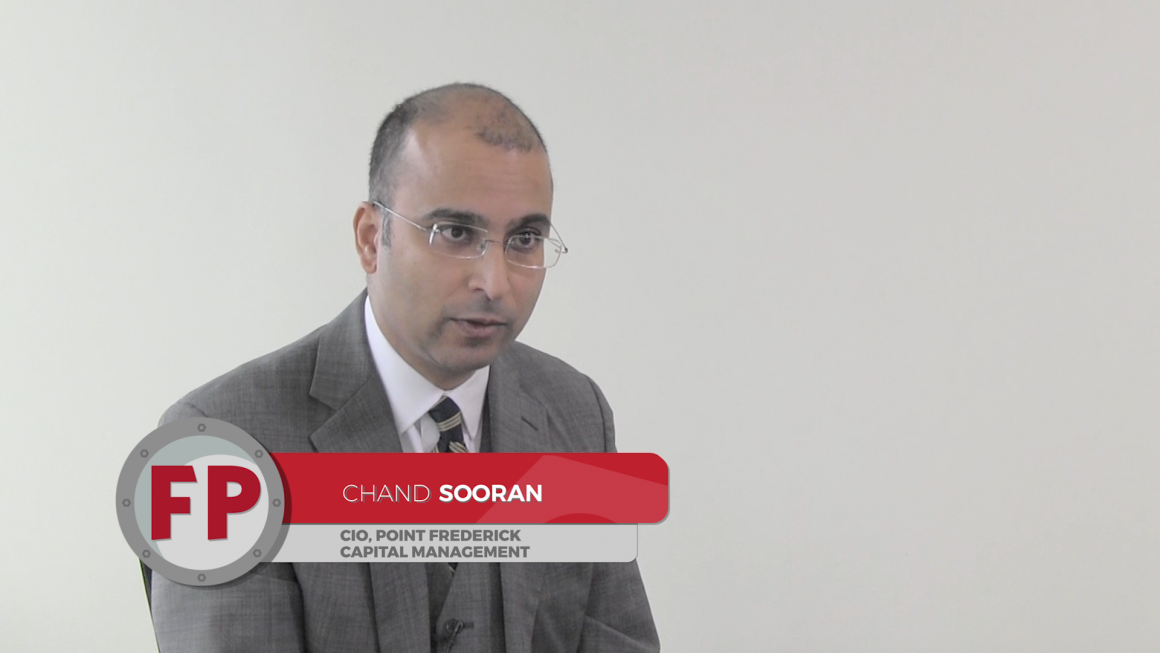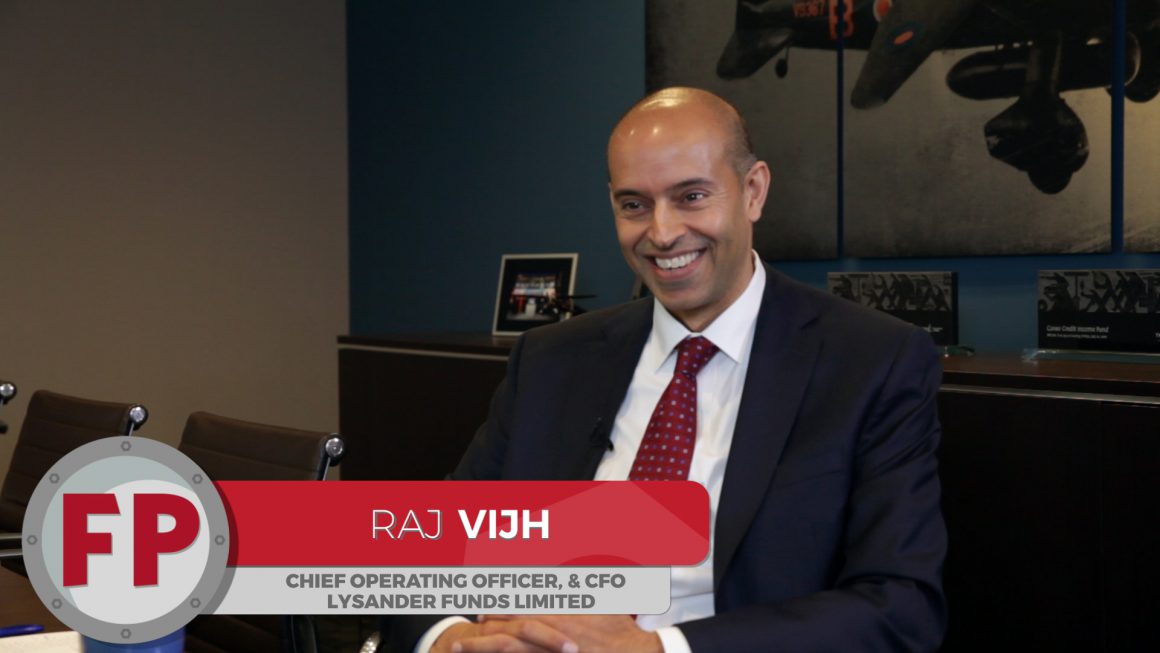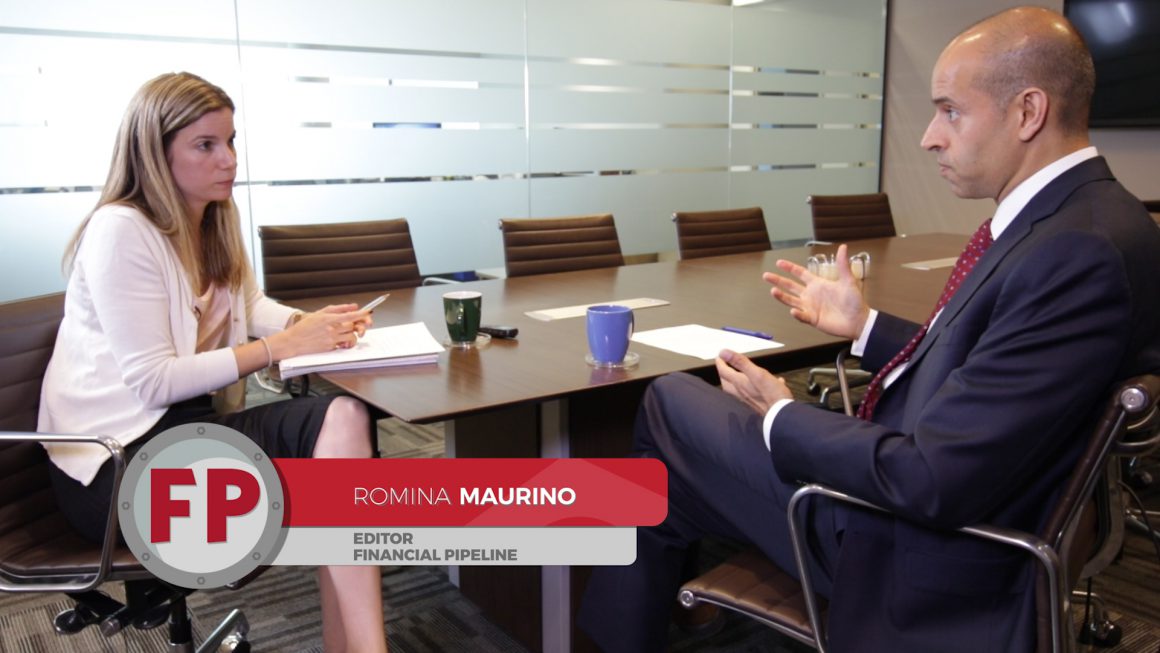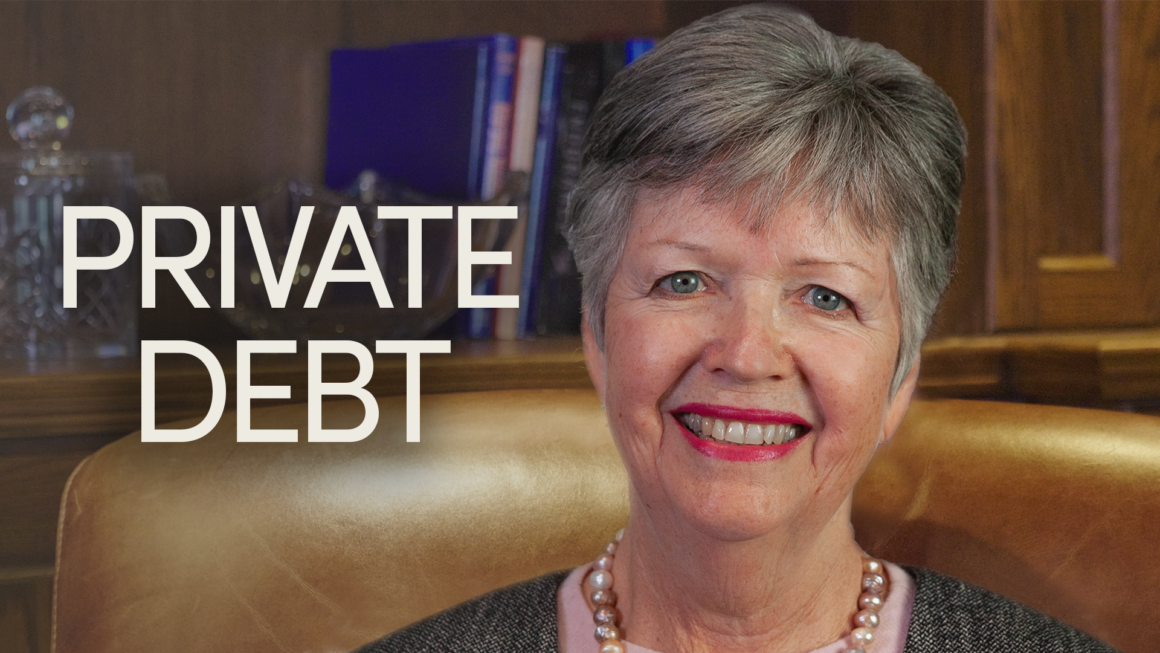Tell me about private markets
So I think the private markets attracted people who saw the return and didn’t worry about the risk. Now they’re so scared, all they worry about is the risk. The foundations of the private market, all stocks and bonds were private. And the regulators, after 1933, said, since so many people were losing so much money on stocks, we’re going to force disclosure of investments, enough information to form a judgment on the value of what’s underneath. So before that, it was pump and dump. Anything went. But once they said, we have the Securities and Exchange Act of 1933 in the United States, you had regulation. So to get a prospectus for a stock or a bond, you had to meet certain requirements from the regulators. The private markets are called private markets or exempt markets. So a bank, for example, can make a loan without fulfilling prospectus requirements for a public bond, but they operate under the Bank Act. So the private markets really coexist with the public markets and are supposed to be for sophisticated investors. So my partners and I came out of the private markets, and I was quite amazed by how little negotiation there was in the public markets. It’s take it or leave it. Here’s what you got. You wanna buy it or not. And so to me, the protections I had as a lender in the private markets were not available to me largely as a public investor. And you had to really know what you were doing.
How would you choose between public and private investments?
At a minimum, if you truly understand a public investment and a private investment, and they’re equally risky, you should favor the private investment only if there’s a sufficient premium above the public investment to make it worth your while. And what is that? For something that might be a large company’s private placement versus their public bonds, probably a half percent. But if it’s something that you could never get out of and never trade, you’re probably looking at 2 to 3% at least to get compensated. So to us, we invest in private debt when it’s attractive compared to public debt. But I don’t prefer a cheap single B security to a cheap AAA, but a cheap single B security, I might have to get 5% above a government bond, and a cheap AAA, I’m happy at 0.5% above a government bond.
What should investors consider when thinking about risk in private investments?
What modifies your risk is the security for your loan, or in the loan agreement, the controls you have over what the person can and can’t do. So there’s a lot of work that goes into structuring a bond deal properly. You know, to me, that’s what people don’t understand. Working out a loan is a, you know, is a hard thing to do, and banks have special units to do it, but, you know, there’s no way if you’re lending money to pick up an extra 2 to 4% that you’re ever going to not have a loan loss. So if we’re in a period of tighter money where money and credit are less available, you’ve got a bit of a problem here. So I think the private markets basically attracted people who saw the return and didn’t worry about the risk. Now they’re so scared, all they worry about is the risk. There might be some deals that are attractive, but I mean, on the other hand, we shall see.

